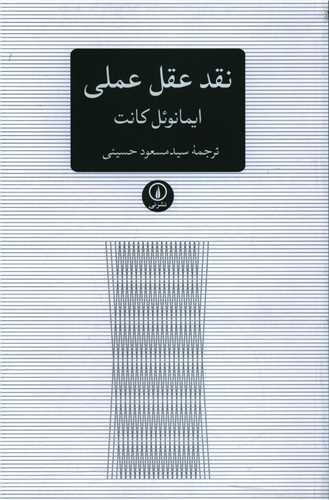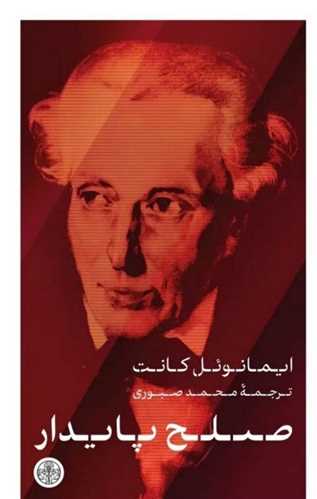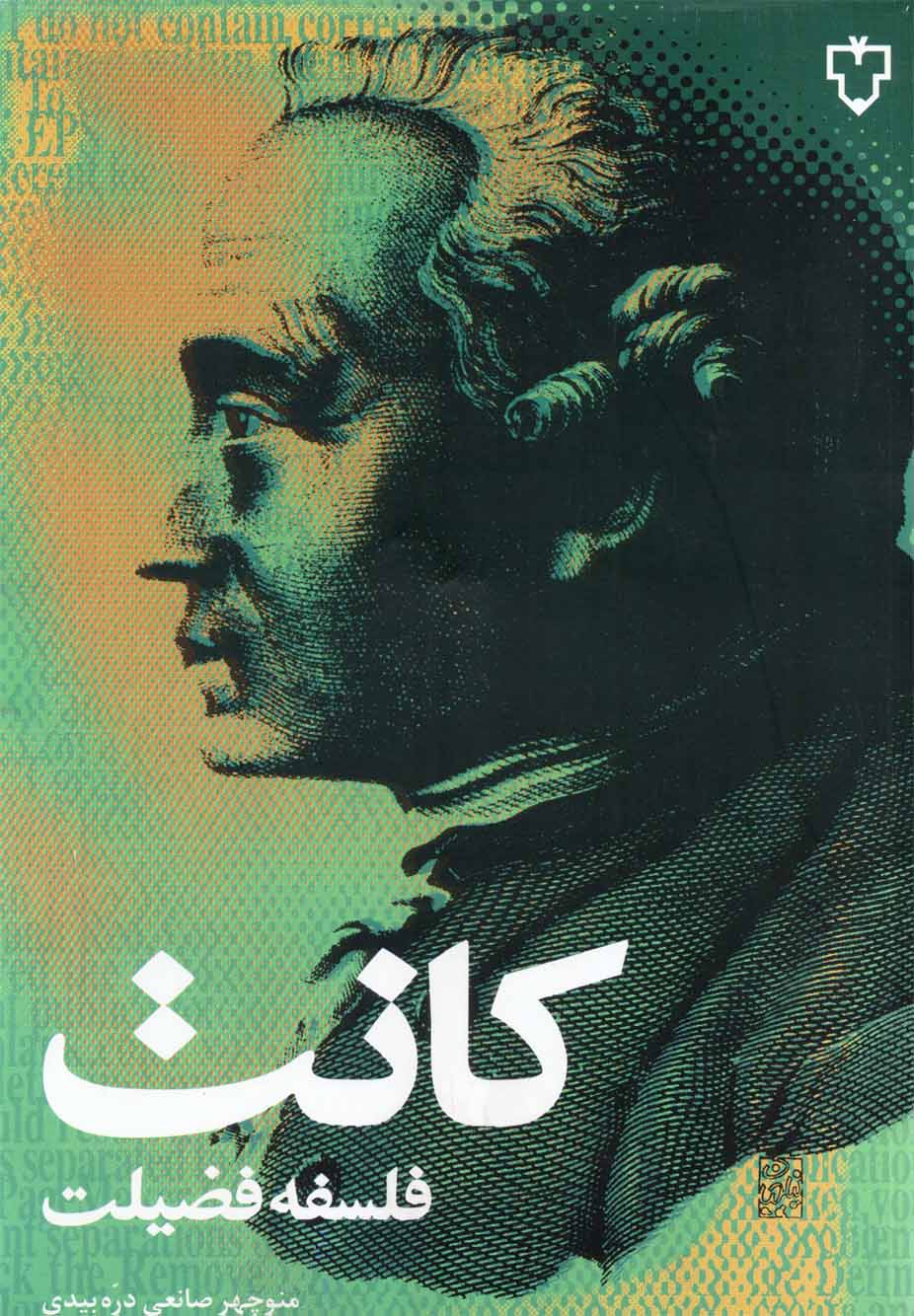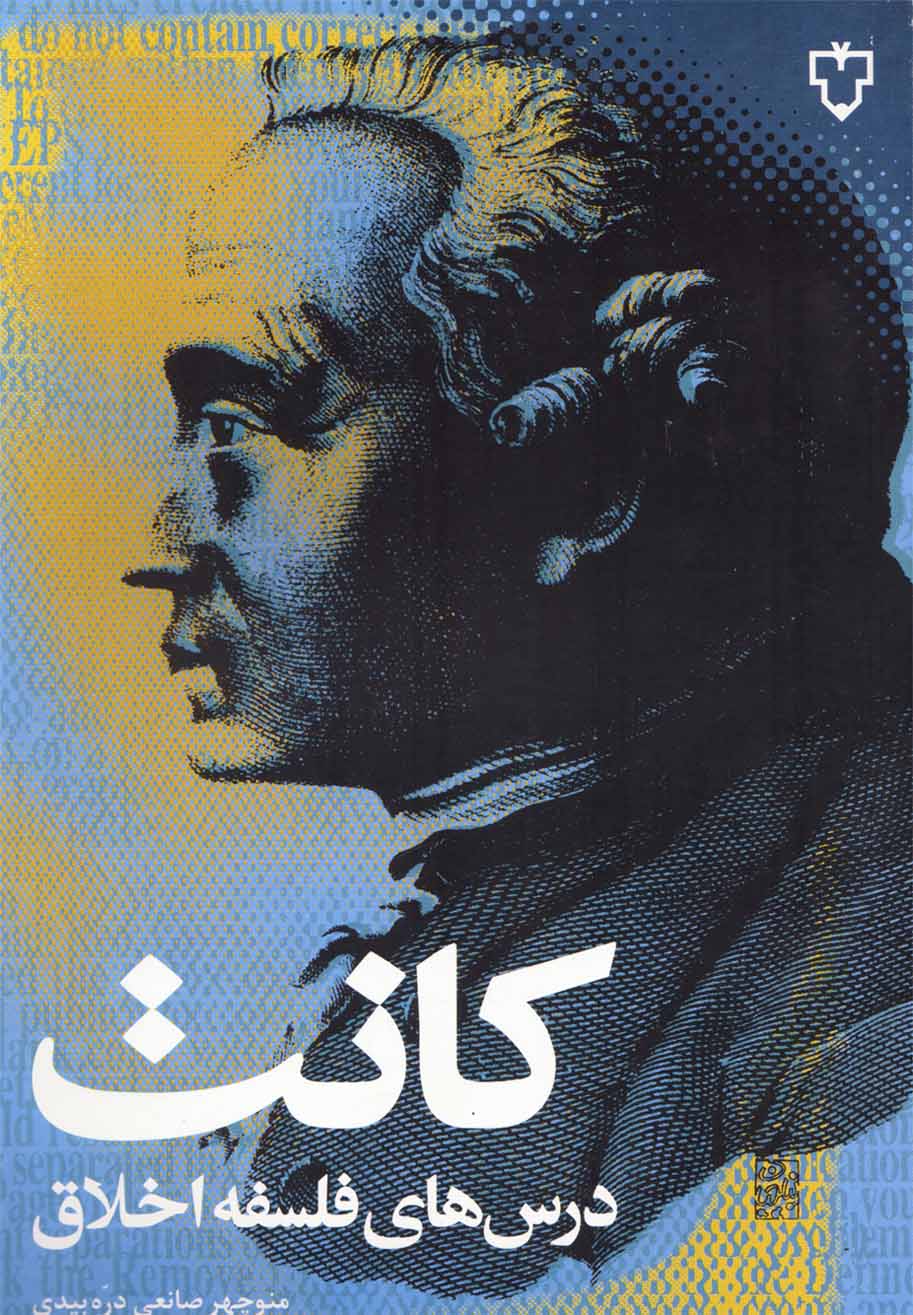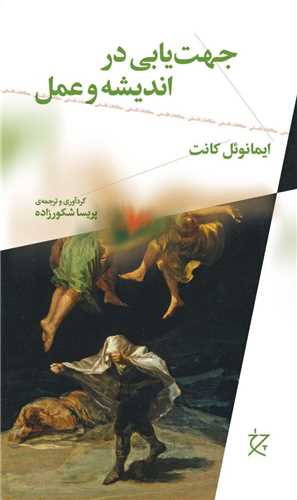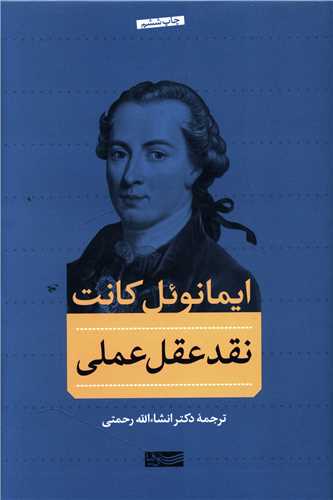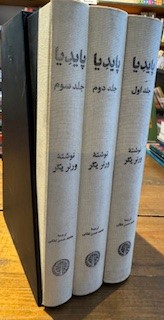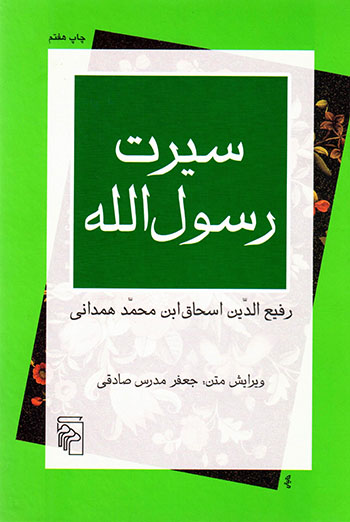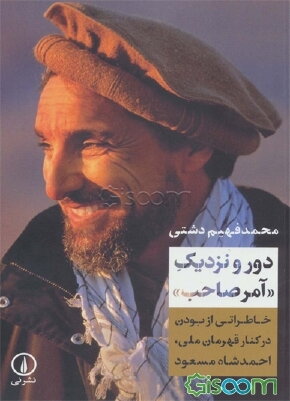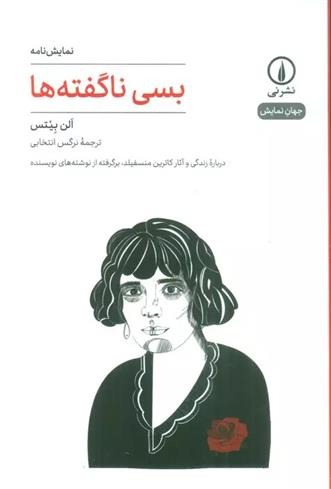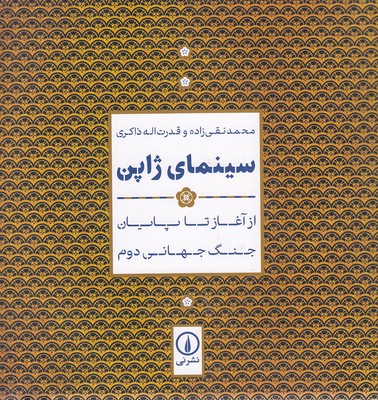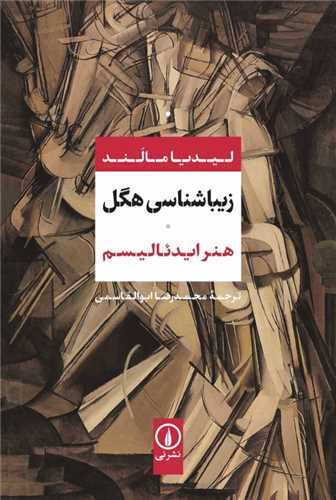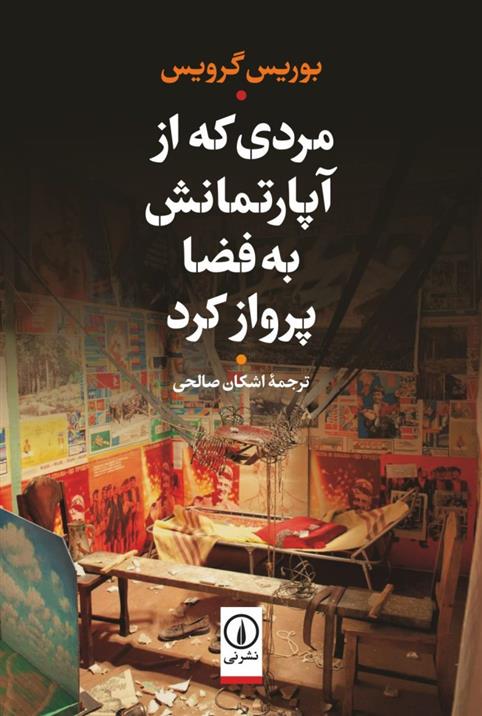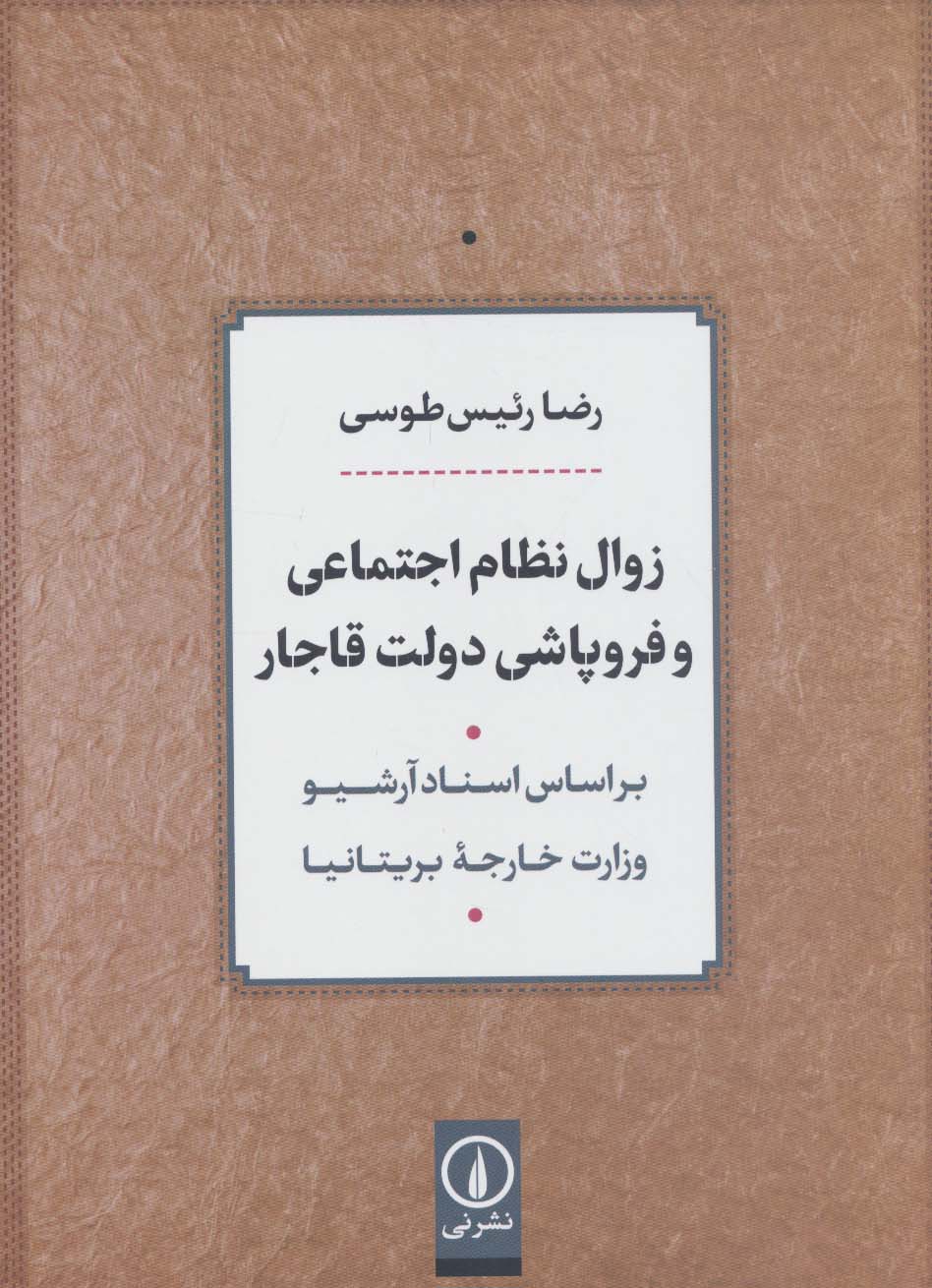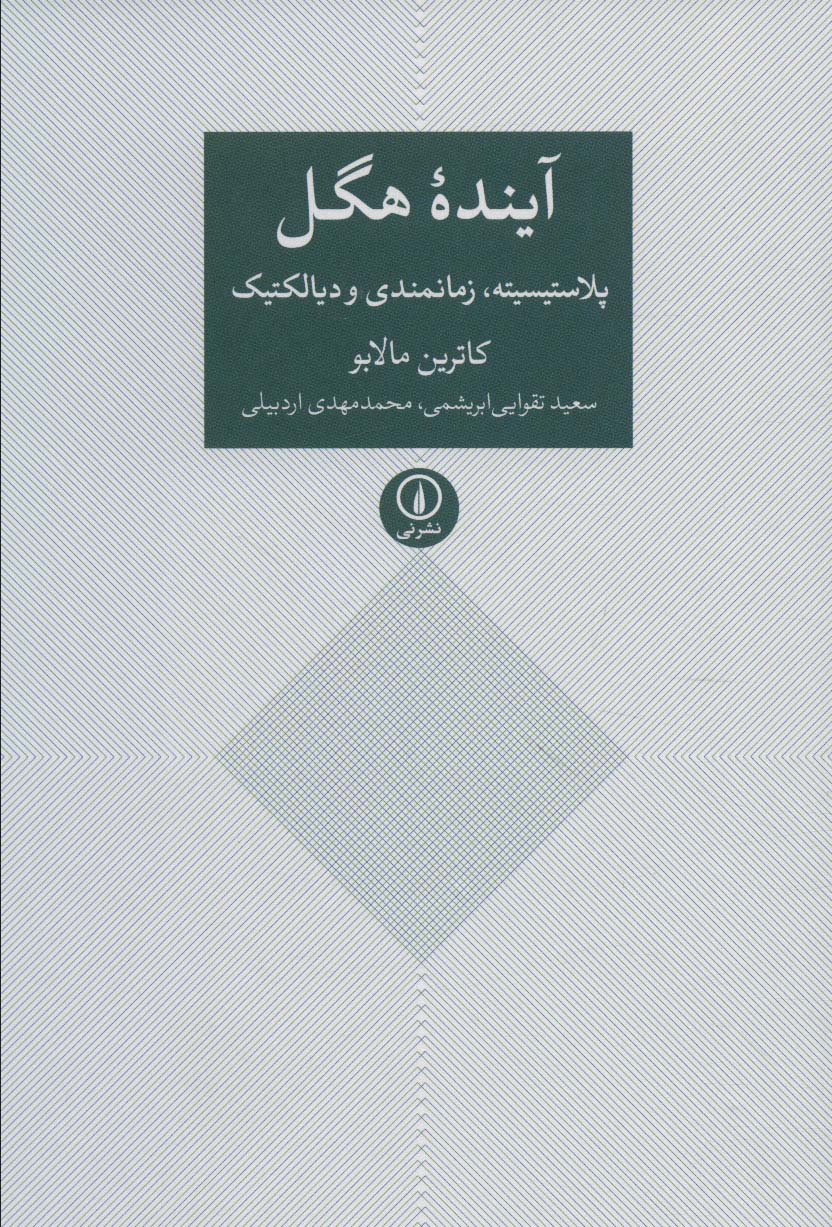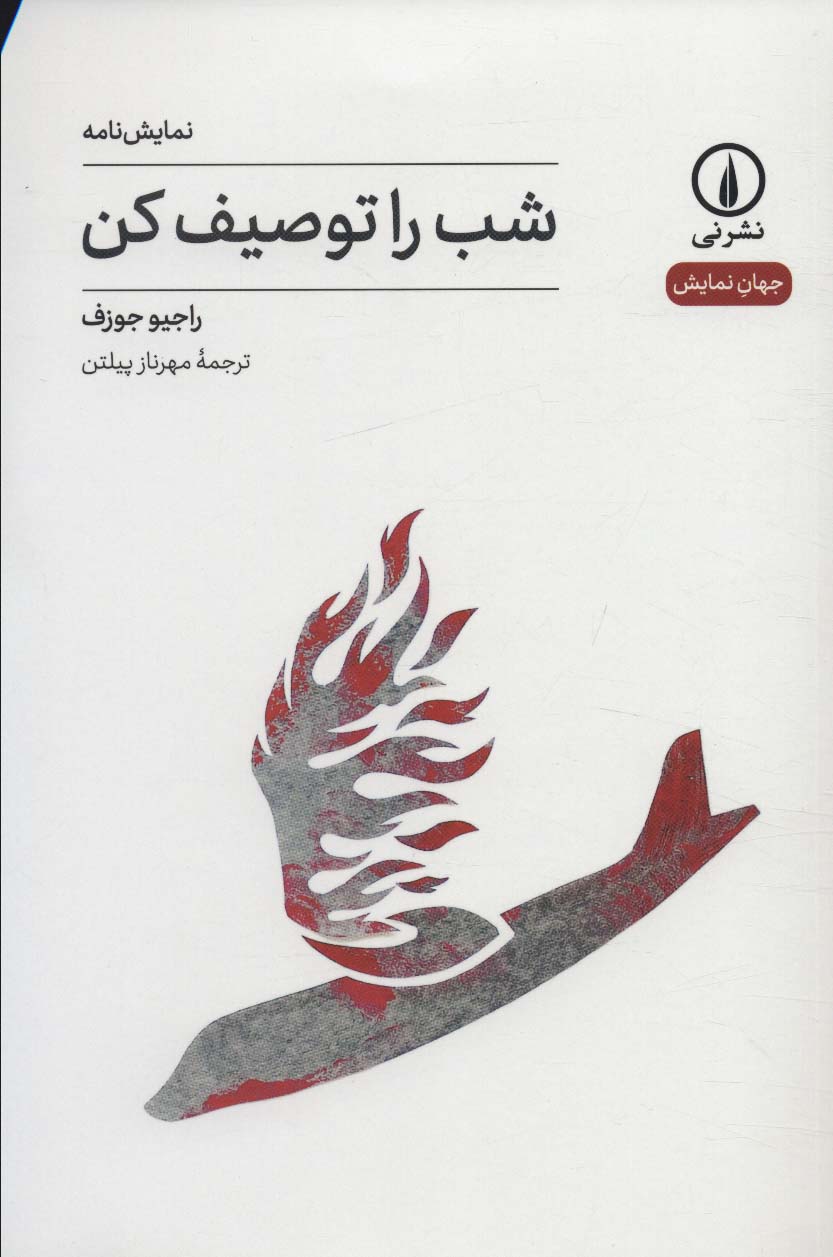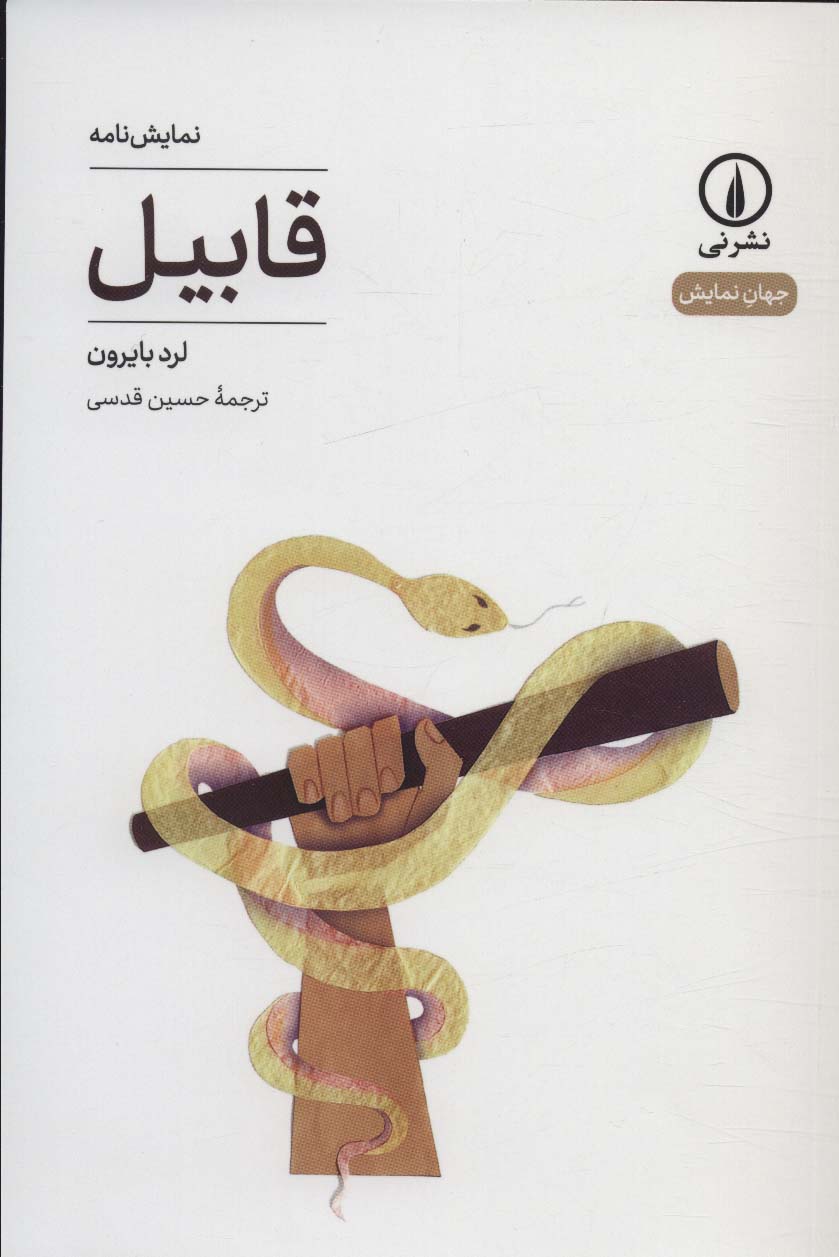نقد عقل عملی فارسی 1401
Naqd-i 'aql-i 'amalī
20٫96 $
اشتراکگذاری
Wishlist
شابک:
9786220604730
مترجم:
Sayid Mas'ūd Ḥussaīnī
ناشر:
Nay
گروه سنی:
بزرگسال
صفحات:
335
وزن:
380 g
ابعاد:
14 x 21 cm
جلد کتاب:
شومیز
The second of Kant's three critiques, Critique of Practical Reason forms the center of Kantian philosophy; published in 1788, it is bookended by his Critique of Pure Reason and Critique of Judgement. With this work Kant establishes his role as a vindicator of the truth of Christianity; he approaches his proof by presenting positive affirmation of the immortality of the soul and the existence of God. The philosopher offers an argument concerning the summum bonum of life: people should not simply search after happiness, but follow the moral law and seek to become worthy of the happiness that God can bestow.
This Critique comprises three sections: the Analytic, the Dialectic, and the Doctrine of Method. The Analytic defines the ultimate moral principle, the categorical imperative, and argues that to obey it is to exercise a freedom. The Dialectic make the assumption that immortality and God exist, arguing that pure practical reason falls into error when it expects perfection in this world; we should anticipate finding perfection in the next world, with God's help. The final section, the Doctrine of Method, offers suggestions in educating people in the use of pure practical reason.
A seminal text in the history of moral philosophy, this volume offers the most complete statement of Kant's theory of free will and a full development of his practical metaphysics.
more
از غرایبِ تاریخِ فلسفه است که یکی از مهمترین و تأثیرگذارترین نظریههای اخلاق ــ یعنی نظریهی اخلاقِ کانت ــ در قالبِ کتابی واحد در دسترس نیست. از میانِ سه اثرِ اصلیِ کانت در اخلاق، بنیانگذاری برای مابعدالطبیعهی اخلاق، نقدِ عقلِ عملی و مابعدالطبیعهی اخلاق، اولینِ آنها در کانونِ علاقهی فلسفی بوده و هست. حتی امروزه نیز هنوز از نظرِ بسیاری کسان لُبِ اخلاقِ کانتی در تلقیِ او از ارادهی خیر و در آموزهی اَمرِ بیقیدوشرط خلاصه میشود. اما با مطالعهی نقدِ دوم آشکار میشود که چنین چیزی عینِ تقلیلِ فلسفهی اَخلاقِ کانت است. گسترهی موضوعیِ نقدِ دوم به واقع فوقالعاده است. کانت پیشتر سه پرسش طرح کرده بود: «چه میتوانم بدانم؟ چه میبایست بکنم؟ به چه میتوانم امید ببندم؟». در نقدِ عقلِ عملی، اولاً، نتایجِ نقدِ نخست تأیید میشود؛ ثانیاً، آموزهی اَمرِ بیقیدوشرط از طریقِ امرِ واقعِ عقلِ محض توضیح داده میشود و این امید که کوششِ فضیلتمندانه چهبسا بیهوده نباشد در پرتوِ آموزهی خیرِ اعلی موجه میگردد. ثالثاً، کانت با سه اصلِ موضوعهی آزادی، نامیرایی و خدا ــ به جای پاسخ دادن به این پرسش که به چه میتوانم امید ببندم ــ به این پرسش پاسخ میدهد که من بهمثابهی سوژهای اَخلاقی باید به چه چیزی معتقد باشم تا قانونِ اَخلاق موهوم نباشد. بنابراین، در نظرِ کانت معنای تکلیفگرایانهی اَخلاق در تکلیفهای ما در قبالِ کنش خلاصه نمیشود؛ از نظرِ او، ما در مقامِ سوژههایی اَخلاقی باید به وُجودِ خدا و نامیراییِ نفْس معتقد باشیم. این اعتقاد از منظرِ عملی گریزناپذیر است.
more

